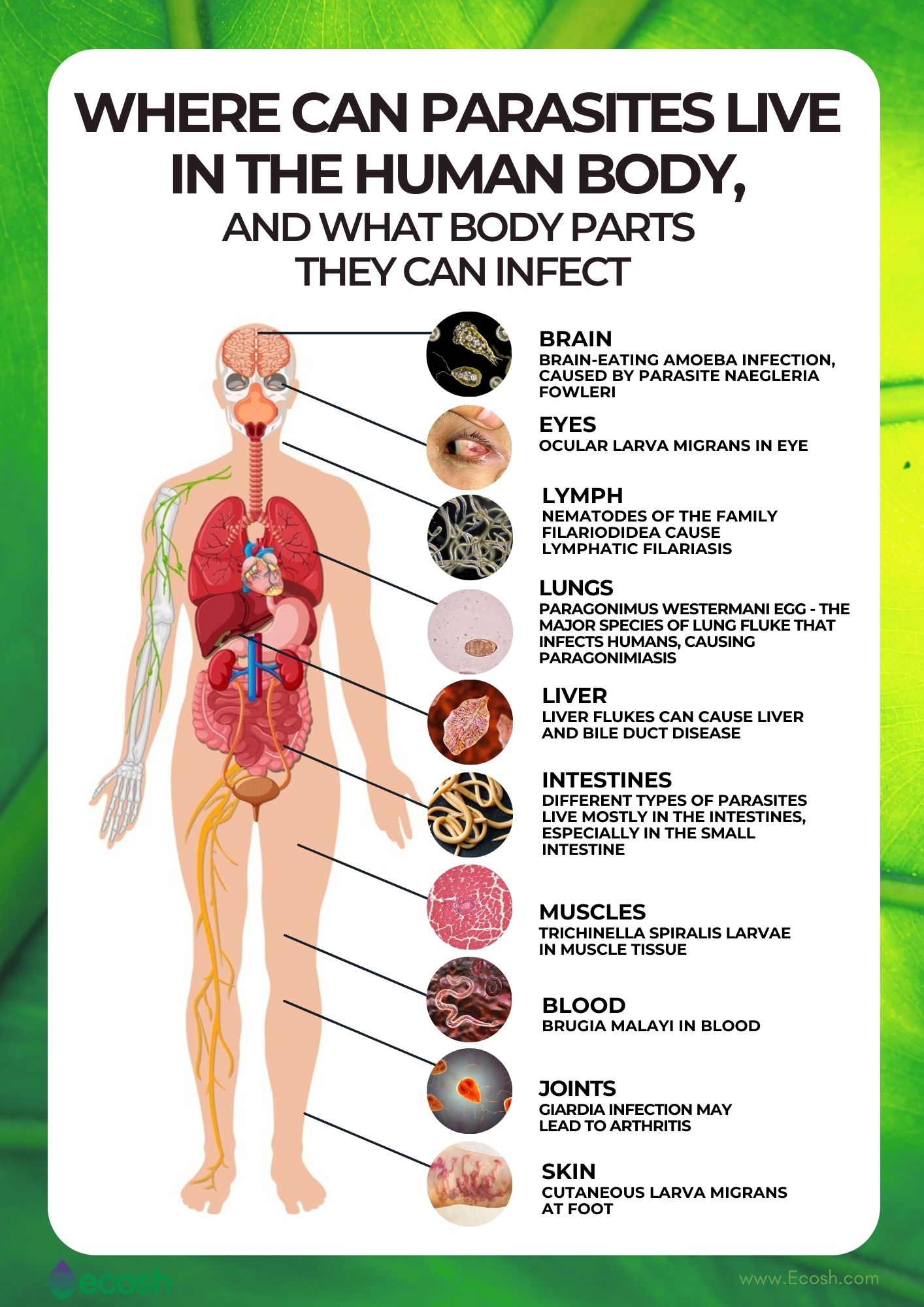Take The First Step!
COKE CRIPPLES & POISONS!
Take The First Step.

"NourishVibe" Formally known as the 10-day Flush Reset, this 10-Day Transitional Detox is an easy guided program designed for you to experience a brief but powerful 10 day cleansing journey into an electric plant-based lifestyle.
In the 1960s,
In the 1960s, parents dealt with parasites in their children primarily using home remedies and, in some cases, medications available at the time. Common approaches included using turpentine, molasses candy with Jerusalem Oak, and teas made from various herbs like pumpkin seeds, peach leaves, and wild sage. Some parents also used "red worm medicine," which could be pills or liquids, often described as unpleasant to take.
Whether you’re new to the lifestyle or already a part of it but need some extra help, this program gives you the tools to get started.
Ketogenic diet:
The ketogenic diet is a high-fat, adequate-protein, low-carbohydrate dietary therapy that in conventional medicine is used mainly to treat hard-to-control epilepsy in children. The diet forces the body to burn fats rather than carbohydrates.
Keto Diet Cheat Sheet: Keto Diet Grocery List & Food Reference Chart - Unframed 12x16in Poster for Kitchen amazon affiliate
With electric plant-based food at it’s core, you’re about to embark on an easy and well guided 10-day cleansing experience.
It is estimated that the majority of people may have intestinal parasites in their bodies. Moreover, up to 100 different species of parasites can nest in one person at a time. It’s because, sometimes it might be difficult for a person to notice their presence, as the symptoms of parasitic activity may seem to be, for instance, the flu virus.

Can’t believe how easy this was I was nervous to start this because let’s be real detoxes aren’t fun. I’m usually hungry and cranky ALL the time. After reading the reviews I felt a little more confident but was still skeptical. I was NEVER hungry throughout the 10 days but also felt so  much weight come off me. I dropped 11 pounds and I know it was a lot of waste because the juices had me in the bathroom lololol I think this program is great for people venturing into the plant based lifestyle and wanting to experience a detox.
much weight come off me. I dropped 11 pounds and I know it was a lot of waste because the juices had me in the bathroom lololol I think this program is great for people venturing into the plant based lifestyle and wanting to experience a detox.

Stage I. The primary sign of parasite infection is fatigue in the morning after eating fruit, which occurs about 20 minutes after eating (as sugar is the food source for parasites). Regaining from this fatigue or weakness only takes about 1-2 hours. In addition, it can also affect you psychologically – you may experience more negativity and fluctuating mood.
Stage II. As the problem aggravates, you may experience abdominal pain, gas, as well as diarrhea. If in the first stage the sudden fatigue was caused by eating sugars, then later your body may already react to every food, especially raw foods.
Stage III. Later in the third stage, you may experience certain types of unpleasant-smelling belching (burping) and gases (the release of sulfur compounds produces a smell similar to a rotten egg). The loss of strength after eating continues. The stool becomes liquid, which, as the infection progresses, can become chronic and change color from yellow to green with characteristic strange odors. However, it is still possible to treat this kind of infection at home with herbal remedies and proper nutrition. Though, it’s not recommended, because it’s always best to seek medical help from professional doctors.
Stage lV. Diarrhea (liquid stools) leads to immense loss of fluid, accompanied by symptoms such as fever, imbalance, dizziness, weakness, and cramps. Thus, your body does not get anything necessary to function, not even water – everything comes out through vomiting or diarrhea. At this stage, you need to act quickly and go to the hospital, as the parasites have already taken over your body. These types of infections are characteristic due to parasites from southern journeys.

Diethylcarbamazine is used in the treatment of certain worm infections. This medicine works by killing the worms. It is used to treat: Bancroft's filariasis; Eosinophilic lung (tropical.
Albendazole is an FDA-approved medication for the treatment of a variety of parasitic worm infections. Albendazole is an antihelminthic medication with numerous indications such as cystic hydatid disease of the liver, lung, and peritoneum resulting from the larval form of the dog tapeworm, Echinococcus granulosus.
Ecotherapy, natural therapy and green therapy are all types of naturally based therapeutic treatments that have stemmed from a very simple concept that we are part of the natural world.
Natural Healing:
Refers to the body's innate ability to restore and maintain health without the use of conventional medical treatments. This approach emphasizes supporting the body's natural healing mechanisms through lifestyle modifications, dietary changes, and alternative therapies

Diethylcarbamazine is used in the treatment of certain worm infections. This medicine works by killing the worms. It is used to treat:
- Bancroft's filariasis;
- Eosinophilic lung (tropical pulmonary eosinophilia; tropical eosinophilia);
- Loiasis; and

- River blindness (onchocerciasis).
It will not work for other kinds of worm infections (for example, pinworms or tapeworms).
Diethylcarbamazine is available only with your doctor's prescription, and only from the manufacturer.

A staph infection can sometimes feel like it's "moving around" in your neck or swollen gland, as the bacteria can spread through the lymphatic system, causing nearby lymph nodes to become inflamed and swollen, which may give the sensation of a moving knot; this is particularly true if the infection is progressing or spreading to adjacent lymph nodes.
Depending on the cause, you may notice swollen lymph nodes in other areas of your body besides your neck (like your armpits or groin.

Ivermectin: is an effective antiparasitic agent that acts against many intestinal parasites (strongyloidiasis, ascariasis, trichuriasis, ancylostomiasis, among others), ectoparasites (scabies, larva migrans, myiasis, etc.), as well as filariasis and onchocerciasis. Ivermectin has a good safety profile.
What Is Ivermectin?
Ivermectin is a medication that treats some parasitic diseases. There are two types: one that doctors prescribe for certain health conditions in people and another that veterinarians prescribe, which is safe only for animals.
When ivermectin was first discovered in the 1970s, it was used only on animals because it kills some internal and external parasites that affect livestock as well as companion animals such as horses and dogs. Then in the 1980s, it was approved to treat some parasitic infections in people.
What Does Ivermectin Treat in Humans?
FDA has approved prescription ivermectin tablets to treat two infections caused by parasitic worms:
Strongyloidiasis, which people usually get from contact with contaminated soil. It can cause problems such as belly pain, bloating, heartburn, diarrhea, and rashes. However, if you have strongyloidiasis, you may not have any symptoms.
Onchocerciasis, which is spread through blackfly bites. Also called river blindness, this infection can bring on an itchy rash, vision loss, and abnormal growths under the skin.
Mebendazole is an antiparasitic medication that treats infections of worms, like pinworm, or other parasites. Pinworms, also called threadworms.
MEBENDAZOLE (me BEN da zole) is an antiparasitic. It is used to treat infections of certain worms or other parasites.
This medicine may be used for other purposes; ask your health care provider or pharmacist if you have questions.
COMMON BRAND NAME(S): Emverm, Vermox.
Mebendazole is used to treat infections caused by worms. It works by keeping the worm from absorbing sugar (glucose), so that the worm loses energy and dies. This medicine is available only with your doctor's prescription. This product is available in the following dosage forms: Tablet, Chewable.
We are exposed to heavy metals every single day.
Here are the top 10 foods that can help our bodies naturally detoxify from metal exposure. Heavy metals are in everything from the water we drink to the personal care products we slather on our skin, and even some of the foods we eat.
Heavy metals are in everything from the water we drink to the personal care products we apply on our skin, and even vac some of the foods we eat.
The types of metals that wind up in our body include mercury, lead, cadmium, copper, iron, zinc, and arsenic. When exposed to them in large amounts, these heavy metals can wreak havoc on our overall health.

What Are The Risk Factors of Getting Parasites in Your Body?


Where Can Parasites Nest In The Human Body?
There are hundreds of different species of parasites in the world. Parasites living in the human body can range in size from micrometers to several meters.
Parasites can live for decades and multiply at a catastrophic rate. Some parasites adapt so well that humans do not feel their presence of them at all. So, despite strictly following the rules of personal hygiene, drinking only boiled water, washing fruits thoroughly, and not eating raw food such as meat, fish, fruits, or veggies, there is still a possibility of getting some type of parasites each day. These three main classes of parasites that can cause diseases in humans are protozoa (unicellular), helminths (multicellular), and ectoparasites (multicellular). You can see the full list of the most common parasites that can live in the human body.
The Immune-Boosting Power of Ginger, Carrot, Turmeric, and Lemon

In humans parasites may live in several places and infect many body parts and organ systems, for instance:
- Lungs (for example lung flukes).
- Muscles (for example Trichinella spiralis larvae).
- Joints (Giardia lamblia infection may lead to later development of arthritis).
- Blood (for example Brugia).
- Lymph (for example nematodes of the family Filarioidea).
- Brain (For example, brain-eating amoeba infection is caused by parasite Naegleria fowleri).
- Liver (for example liver flukes).
- Skin (for example, ectoparasites such as mites, lice, ticks, chiggers, scabies, mosquitoes, tsetse flies, fleas, and bed bugs, but also cutaneous larva migrans).
- Eyes (for example Ocular larva migrans)
- But mostly in the intestines, especially in the small intestine, where the main absorption of nutrients takes place (for example all helminths).
Parasites Complications
Parasites consume the same food that enters your body – meaning, they eat what you eat – primarily essential nutrients also for humans (including vitamins, trace elements, etc.). In addition, also the body’s tissues, cells, blood, and waste products.This, however, may lead to a deficiency of the necessary substances in the body, a significant decrease in the intake of proteins, fats, vitamins, and minerals, damage to the lymph nodes, intestines, liver, bile ducts, skeletal muscles, central nervous system, weakened immune system, and disrupted self-medication processes.
Nutrition and Diet During Eliminating Intestinal Parasites.
When decontaminating parasites, it is important to follow a balanced diet that is high in nutrients. Nutrient-rich foods are important for strengthening the immune system to restore the nutrient deficiency caused by parasites.
It is especially important to eat high-fiber food during the cleansing course, as the fibers increase the amount of residual mass, which helps to capture the parasites and keeps the regular excretion of residual mass during the cleansing of the intestine. Therapists say that a course of parasites combined with probiotics will help protect the body from future infections.
Some therapists and nutritionists recommend a cereal- and sugar-free diet during the cleansing course. Some suggest that in addition to reducing sugar, you should also restrict the consumption of fruits, as fruit sugar is also an energy source for parasites.
During the cleaning cycle, reduce or remove completely refined sugars, yeast products, and junk food from the menu.
To prevent further infections, it is advisable to avoid eating raw and undercooked meat and seafood and to observe hygiene requirements.
Parasites are well controlled by naturally occurring antiparasitic agents, which are easiest for the body to ingest with food. Include in the menu the appropriate veggies and fruits (carrots, cabbage, radishes, horseradish, pineapple, rhubarb, etc.), berries (figs, goji berries, etc.), seasoning spices (garlic, onion, oregano, cloves, etc.), and medicinal plants (aloe, day hat, etc.). The most commonly used plants to control parasites are tansy, mugwort, cloves, walnut leaves – when used together, they can kill 100 species of parasites. See the list of antiparasitic herbs and foods below.
Always take an anti-parasite course for the whole family at once.
How To Get Rid of Intestinal Parasites in Your Body Naturally?
Wormwood Black Walnut Cleanse
Dr. Berg Zero Sugar Hydration Keto Electrolyte Powder amazon
see all amazon affiliate
 .
.Get our anti-inflammatory recipes





